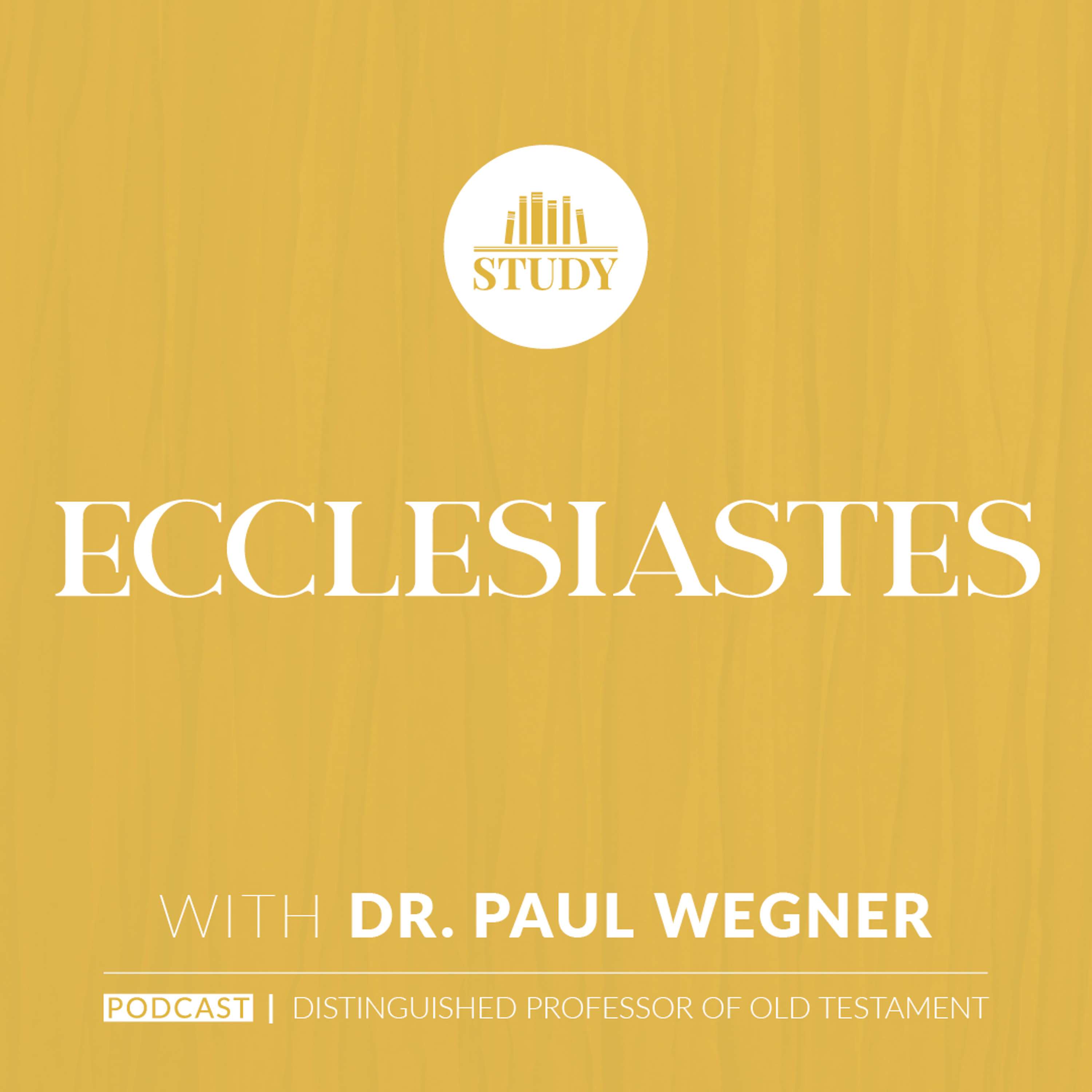A common concern among Southern Baptists is our decline in both the number of baptisms and the ratio of members to baptisms over the past decades. The data indicates a significant problem. How do we reverse this trend and baptize more people?
The most frequent suggestions, including much of my writing and speaking on this issue, has focused on improving our evangelistic effectiveness. To be sure, that is an ever-present challenge as we continually strive to communicate the gospel effectively to as many people as possible. But lately, another issue seems to be compounding the problem. We have a growing reluctance to call people to baptism as a public act of Christian obedience and discipleship. Baptists are devaluing baptism.
Last week, in part one of this blog, we considered some observations supporting this conclusion. With that foundation in mind, let’s turn our attention to what we can do about the problem.
First, preach and teach on the meaning and significance of baptism. Even if it is a short devotional while standing in the baptismal water, emphasize what baptism is instead of what it is not. As part of this, share some Baptist history—particularly how our forefathers were drowned by other Christians for insisting on immersion of believers as biblical baptism. Baptism is a high and holy moment for both a candidate and congregation. Give it the gravitas it deserves.
Second, call people to public obedience through baptism. One pastor in the Western United States was convicted to do this. He preached on baptism and called people to be baptized—immediately, on the spot. About 100 adults and teenagers requested baptism. While the church was prepared for a meaningful response, they were not expecting that many. Deacons were dispatched to borrow or buy towels, mops, and whatever else was needed. Baptismal candidates started calling friends and family members. After two morning services, dozens of guests joined a few hundred church members as they gathered for the noon baptismal service. Once the baptizing started, the pastor asked if there were others who wanted to profess faith in Jesus and be baptized. Many guests did so—adding to the baptism totals.
Third, add an opportunity to be baptized to your weekly public invitation to obedience and discipleship. And, if you are not giving a public invitation, start doing so. Christian baptism is an essential discipleship step for every believer. Failing to call people to obedience in this area is ministerial malpractice. You are shortchanging people, robbing them of the joy that comes from public and personal obedience.
Fourth, recapture one of the purposes of baptism as a public declaration of faith. In many places in the world, baptism is the line of demarcation. It moves a person into the Christian faith—at least in the eyes of the larger community. Persecution often results. We need to recapture the line-in-the-sand perspective on baptism and help people use the experience both to declare their faith and also their allegiance to the Christian community.
Finally, make baptism as important an observance as the other church ordinance—the Lord’s Supper. Most churches do a good job observing the Lord’s Supper regularly, with dignity, and with appropriate teaching moments attached. Give baptism the same careful treatment. Many churches that baptize large numbers of people have created ways to enhance and magnify baptism—helping candidates send personal invitations to their friends and family, providing a distinctive baptismal shirt the candidate gets to keep and wear in other settings, and hosting baptismal parties after baptismal services.
We must always work to improve evangelistic effectiveness. But once we lead a person to personal faith in Jesus, we must also help them take the important public step of baptism. Let’s change our pattern and practice on his important issue.
Read More

Excerpt — Towards a Clearer Understanding of Jonathan Edwards’s Biblical Typology: A Case Study in the ‘Blank Bible’
Dr. Cameron Schweitzer provides new insights into Jonathan Edwards’s often mischaracterized typology.

Seeing the Unseen
CSBC Women’s Ministry Director Cathie Smith shares how the church can serve the marginalized in its community.
Listen
Wisdom Books | Ecclesiastes
A common misconception about the book of Ecclesiastes is that it is very pessimistic. In actual fact, there is great comfort throughout the book that while life without God is meaningless, there is great satisfaction found when we cling to the Lord, and only to Him.

Ministering in Finland
Mikko Sivonen, Academic Dean of the Agricola Theological Seminary in Finland, joins Dr. Hopkins to discuss working as a missionary in a place where people are predominantly a different denomination than you. You can learn more about Mikko’s work here www.agricolasemin

Watch

Jonathan Edwards and the Asbury Revival
Chris Chun and Chris Woznicki discuss the signs of true revival, signs of the work of the Holy Spirit, and why it is important to critically assess the characteristics of revival in a spirit of charity.

Jonathan Edwards and the Baptists | Douglas Sweeney, Nathan Finn and Chris Chun
Dr. Douglas Sweeney and Dr. Nathan Finn joined Dr. Chris Chun for a panel discussion on Jonathan Edwards, recorded live at the SBC Annual Meeting in Anaheim.




